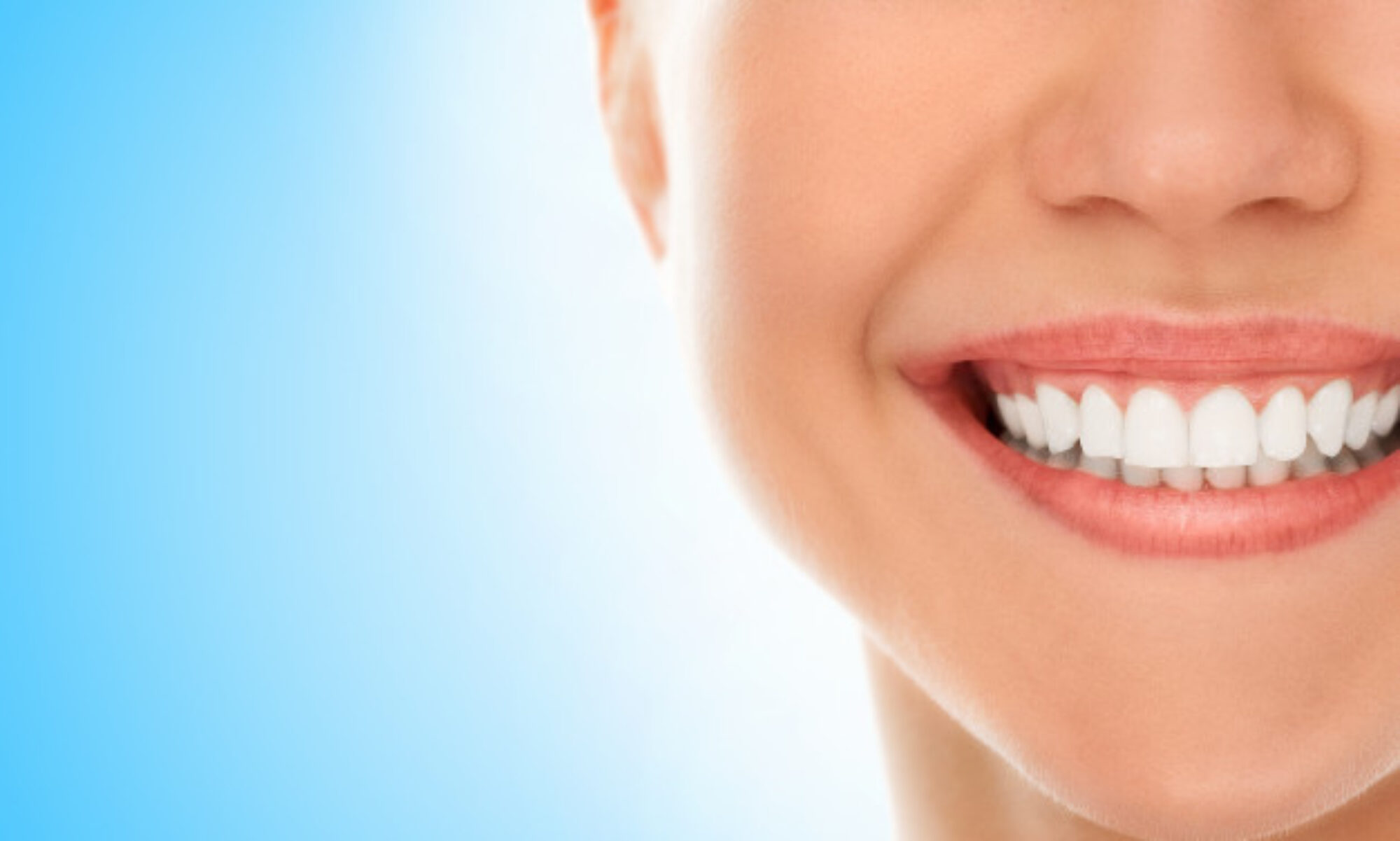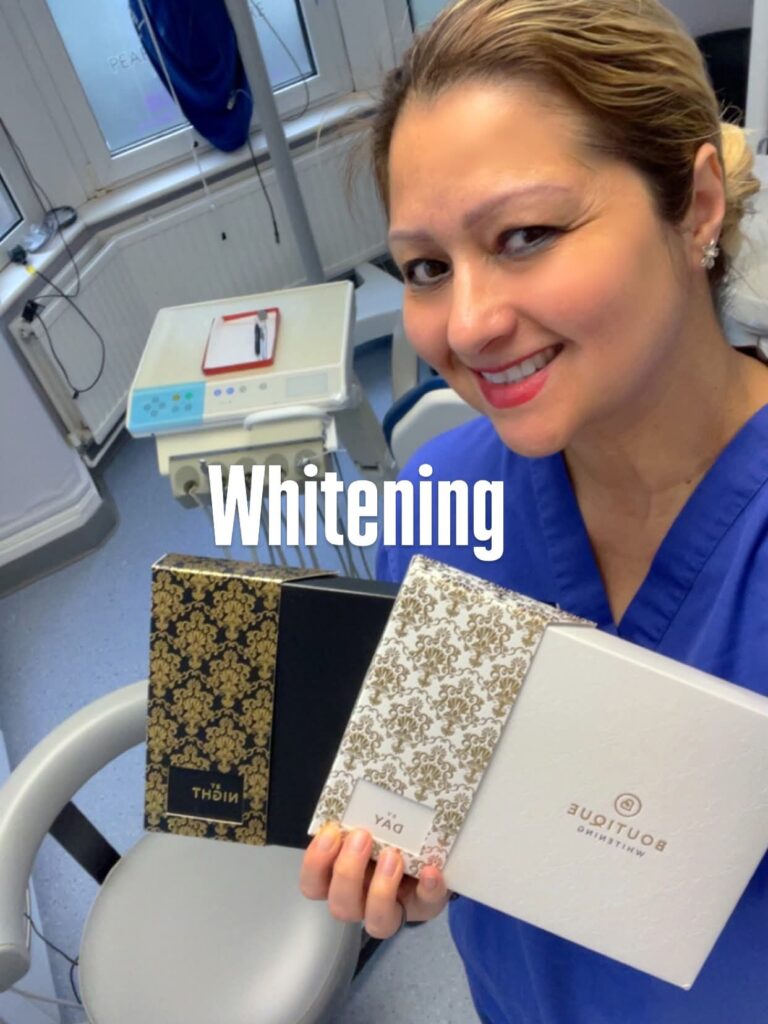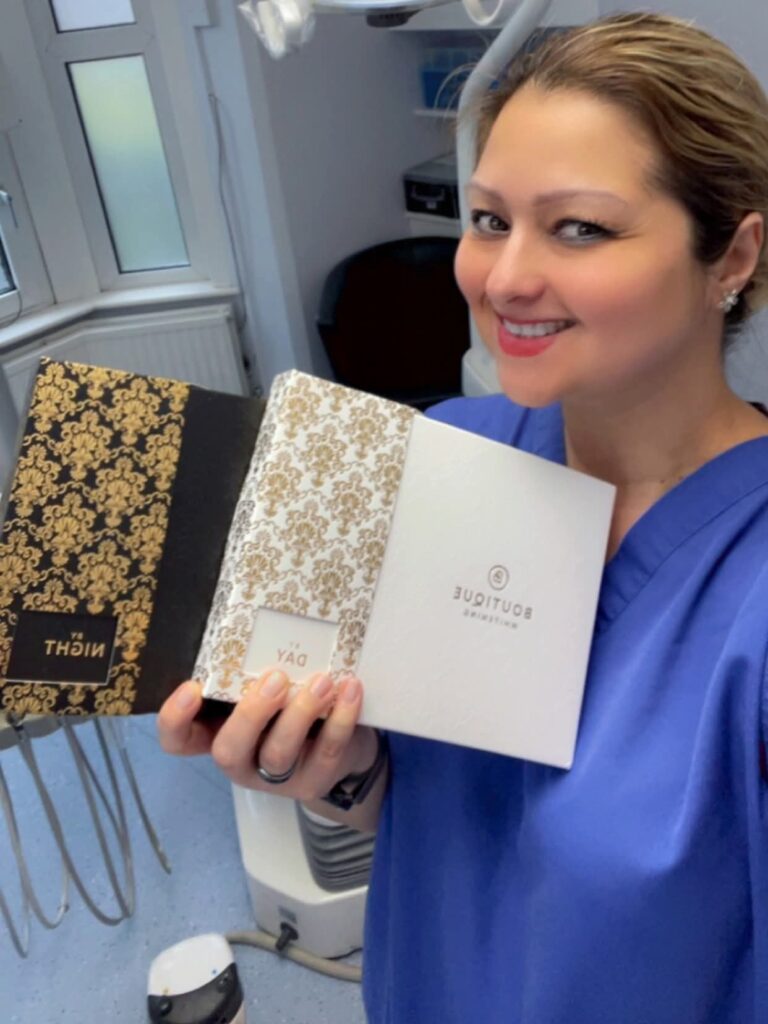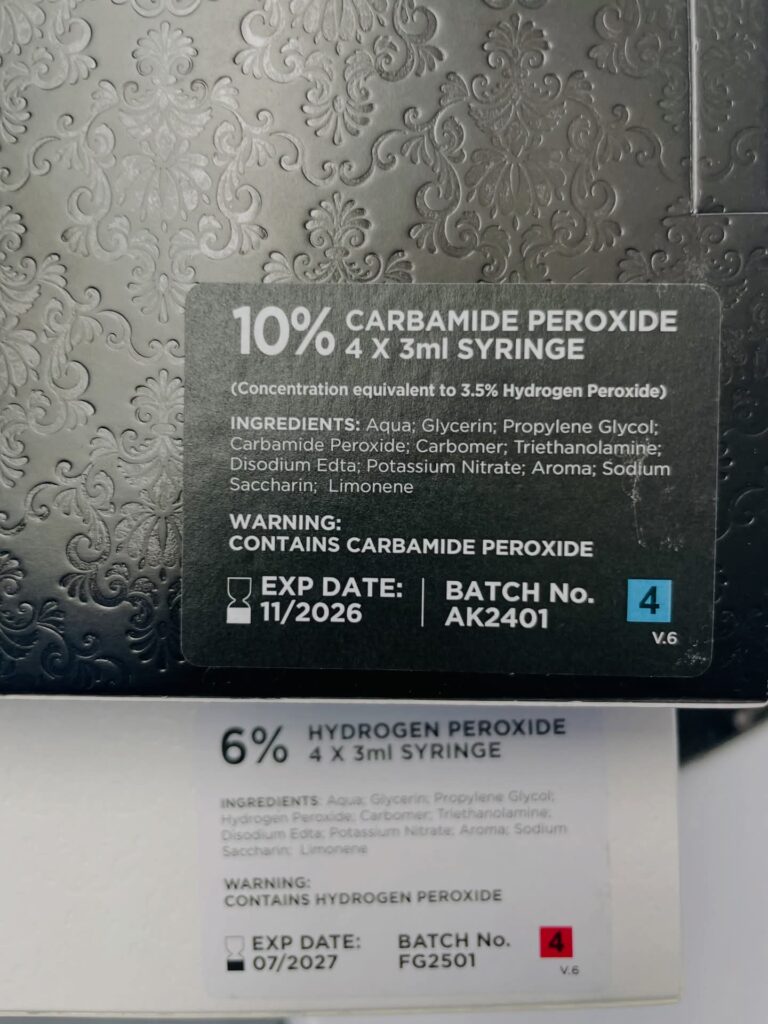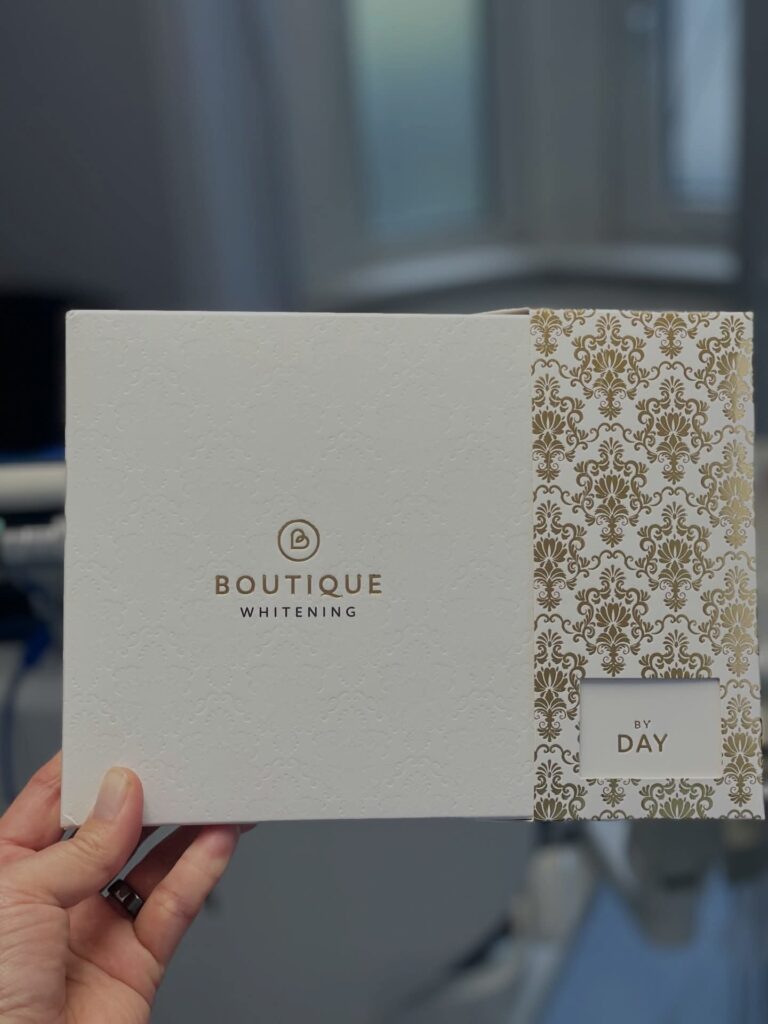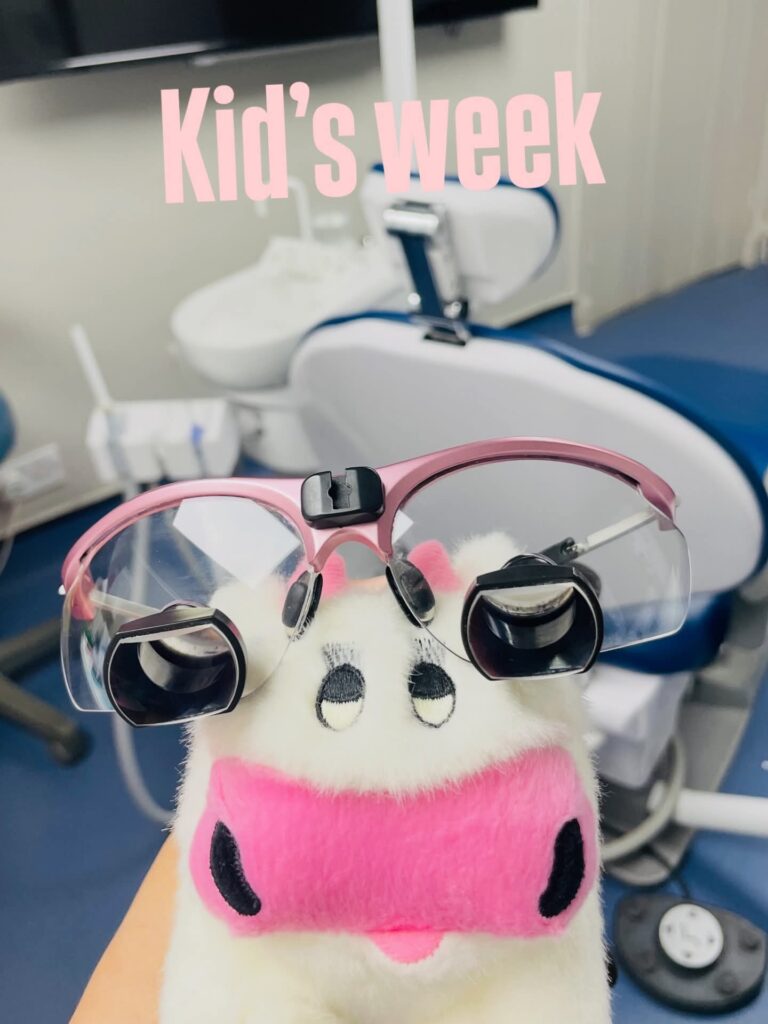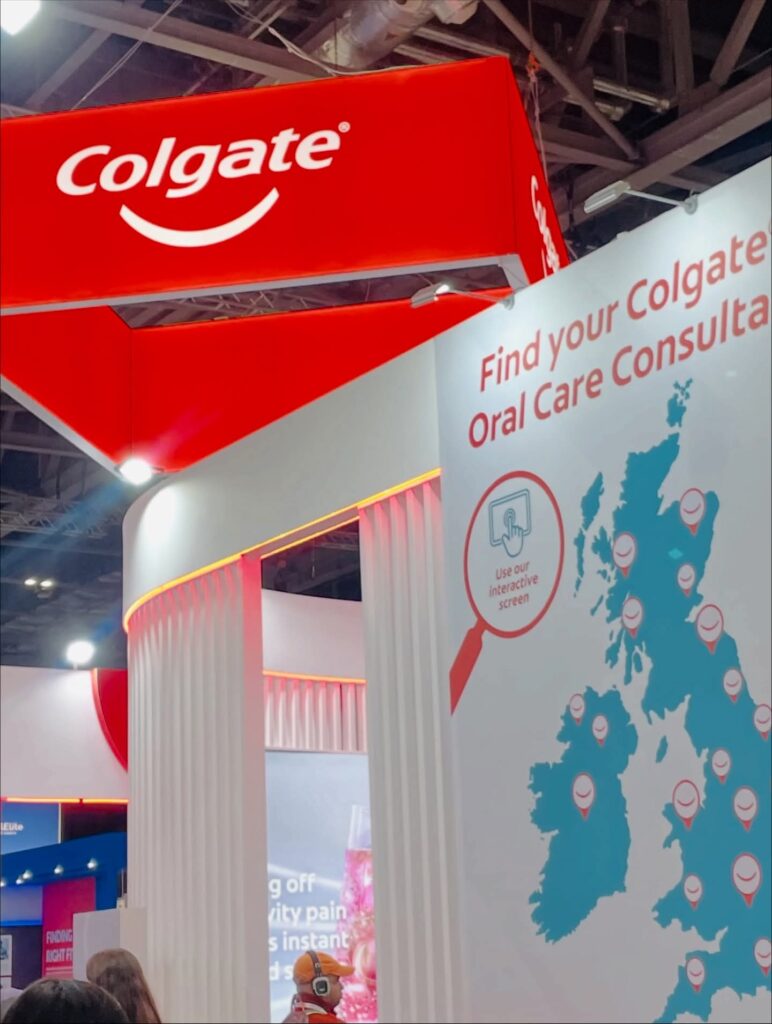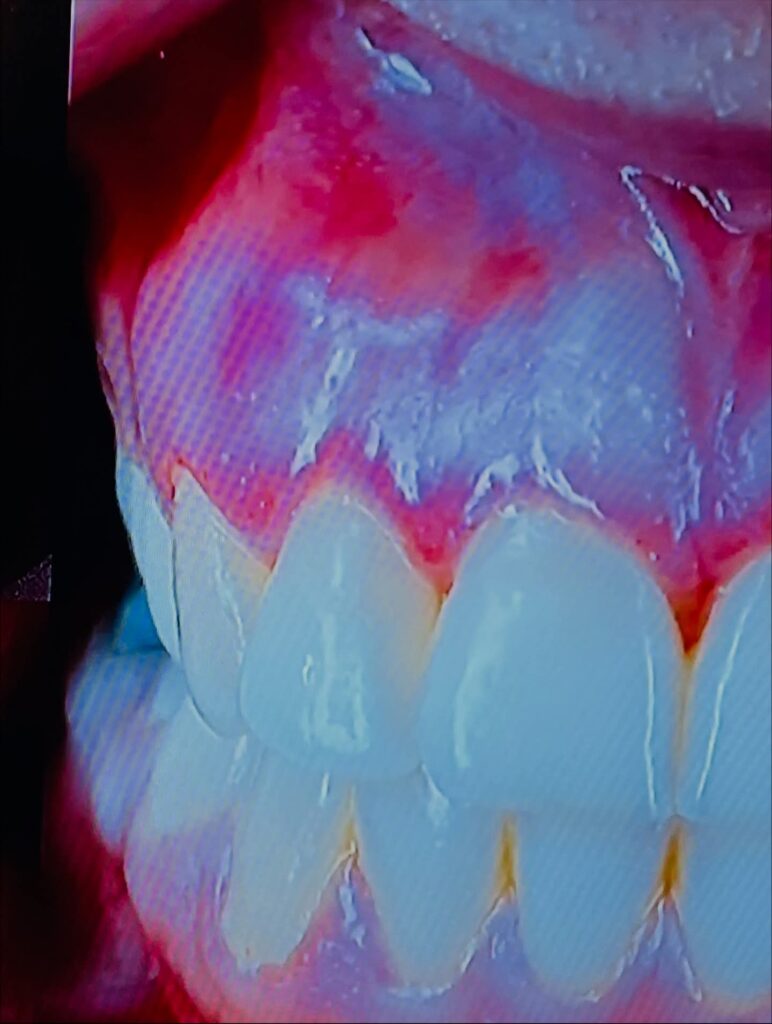Good afternoon. Anyone say white teeth? 💙💙
Kid’s Week
Glad to be sharing dental tips with the little ones 💕
Good morning my lovelies. Today I have an early start 💙
Good morning my lovelies. Today I have an early start 💙
Sensitive teeth
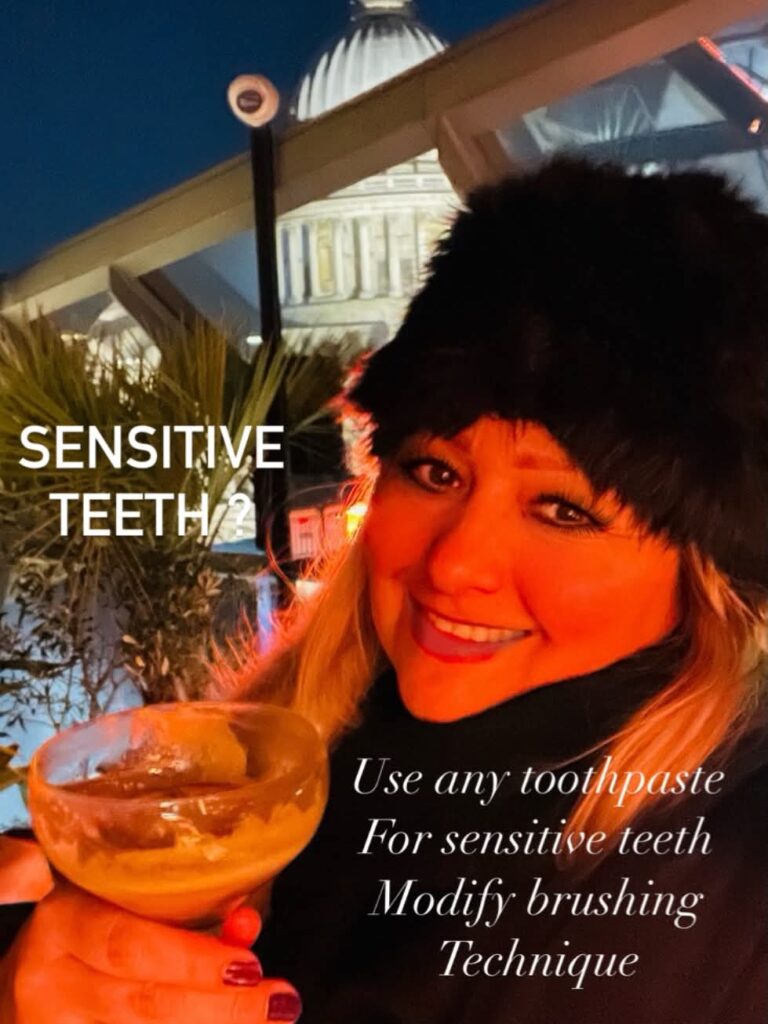
If you have sensitive teeth. Please make an appointment with your Dentist. 🥰
Happy Saturday even more happy without my flowers 💕
Happy Saturday even more happy without my flowers 💕
Celebrating 25 years 💕💕💕💕💕🥂🥂🥂🥂
One of my working places are celebrating 25 years 💕💕💕💕💕🥂🥂🥂🥂Best wishes to the company. Wish many more years of success.
Week birthday celebrations 🎂🎂🎂
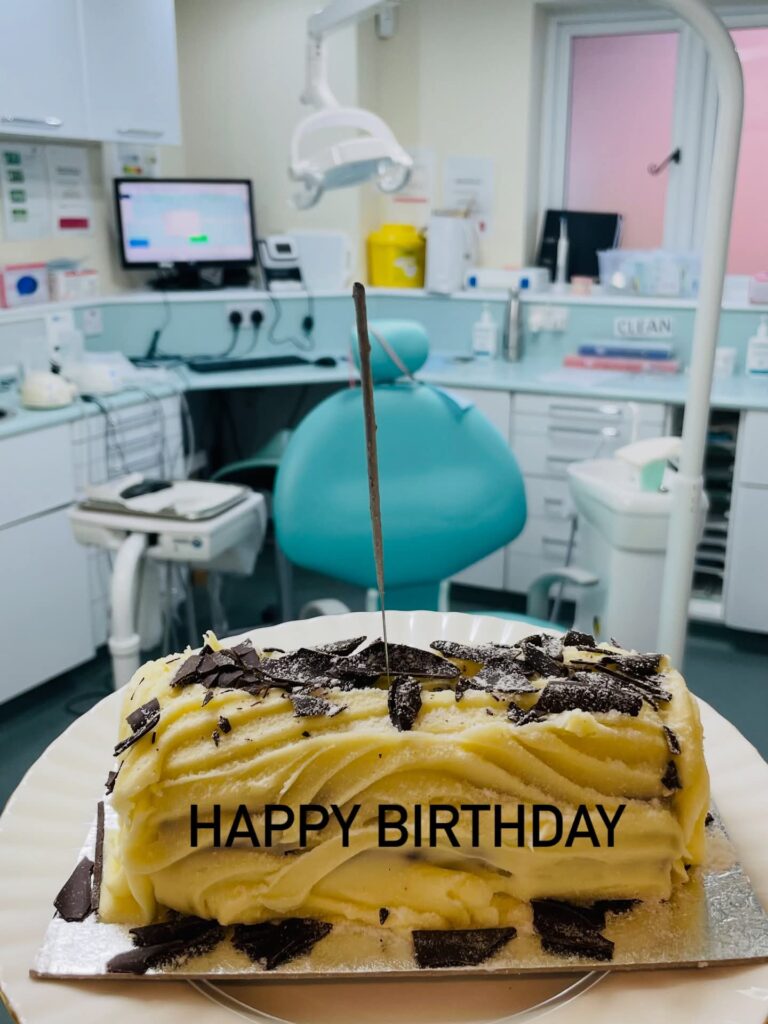
Week birthday celebrations 🎂🎂🎂
Let’s smile more this year. Happy New Year 2026🥂🍷🥳

Let’s smile more this year. Happy New Year 2026🥂🍷🥳
Perfect day

Thank you to my lovely nurse. My day was perfect. 💙🩵🤍
London Dental Excel
Can you believe I forgot to post this photos from the beginning of the month? When the weather was warm ⭐️
